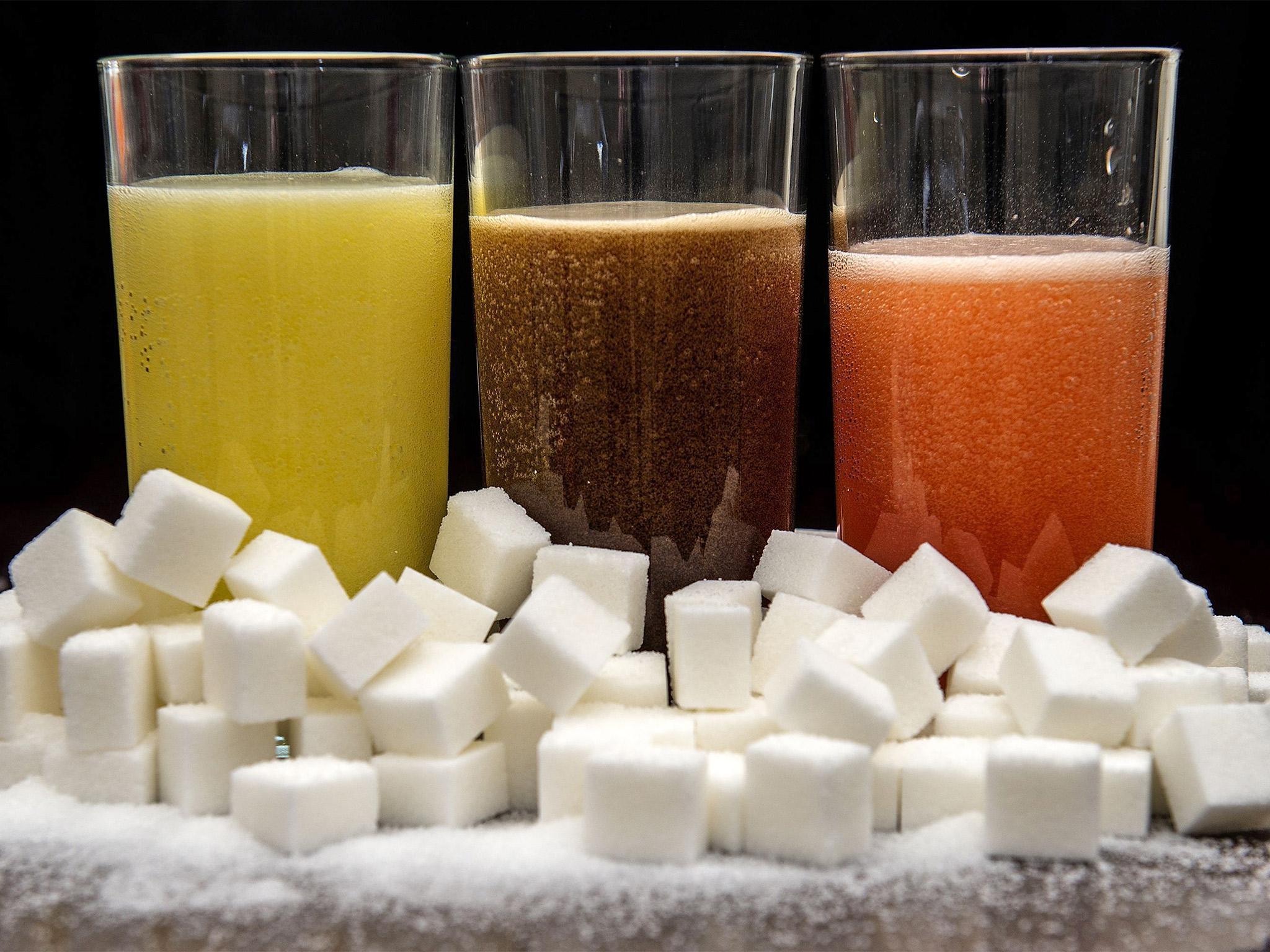George Osborne's sugar tax contradicts Tory values on personal freedom - and it won't work
However unfashionable, individual responsibility remains the cornerstone of a healthy lifestyle. If only the Chancellor had that in mind when he drew up his spring budget

Taxing sugar is a terrible idea. Unfortunately, the government won’t let it die because we can’t stop gorging ourselves on filthy sucre.
Cancer Research and the UK Health Forum recently rehashed the old argument we need a 20 per cent tax on fizzy drinks. To read the coverage surrounding the report you’d think we were a nation of footless unsighted bloaters. Today the Chancellor joined in and declared war on sugar. Putting aside whether or not the sugar tax is ideologically sound, it will make a pittance of a return – both economically, and in dietary terms.
Cashing in on our vices is a pretty lucrative scam and the government has been neck deep in it for an age, booze and fags presenting the most obvious case in point. Based on a Cancer Research and Health Forum report, potential savings to the NHS by the sugar tax would total a piddling £10m by 2025. Given this amount is a give-or-take rounding error in the ballooning deficits of nearly every acute hospital trust in the country (together, they are in the red to the tune of £2.26bn), it’s hardly a powerful incentive.
The Chancellor estimates the tax will raise an additional £530m, which he has already earmarked for children’s sports. However, this kicks in after a two-year pause - during which time the drinks manufacturers will no doubt find a way to change their recipes and dodge paying the bulk of the George Osbrone’s tax. There will still be plenty of cans for the kids to kick around.
What about the benefits to the nation’s diet? This tax would lead people to consume, on average, 15 fewer calories a day. That’s right: 15. This is approximately one eighth of a chocolate digestive. Worryingly, researchers tell us this minor reduction will ensure that 3.7 million people don’t become obese in the next 10 years, as if the difference between a healthy lifestyle and one that causes the nation huge financial difficulties is the odd nibble on a hob nob.
The seminal essay on the human compulsion to behavior that is ultimately bad for us was written by the late Christopher Hitchens, who surmised that if life was the pursuit of happiness, then one’s vices provided happiness in that pursuit. The officious would have us believe that cutting out all vice will save lives. I object to this.
First, one can’t save a life, but merely extend it a little. And what life is it without a bit of what you fancy? Hitchens was referring primarily to alcohol, but his remarks could just as well have been applied to sugar and how we have come to view its consumption.
Such paternalistic chastisement is typical of modern public health campaigns. Their stock in trade is what insiders would call “population level messages”, with big TV adverts and plenty of billboards. Imagine the John Lewis Christmas ad campaign - but instead of childhood memories and wonderful gifts, this modern version explains how a sprinkling of icing sugar is nothing more than a subscription to cancer.
The most tiring assumption built into these policies and campaigns is that freewill is a dead. However unfashionable, individual responsibility remains the cornerstone of a healthy lifestyle.
I drink, therefore I am, said Roger Scruton. What a shame Osborne doesn’t seem to have been listening.
Join our commenting forum
Join thought-provoking conversations, follow other Independent readers and see their replies
Comments
Bookmark popover
Removed from bookmarks